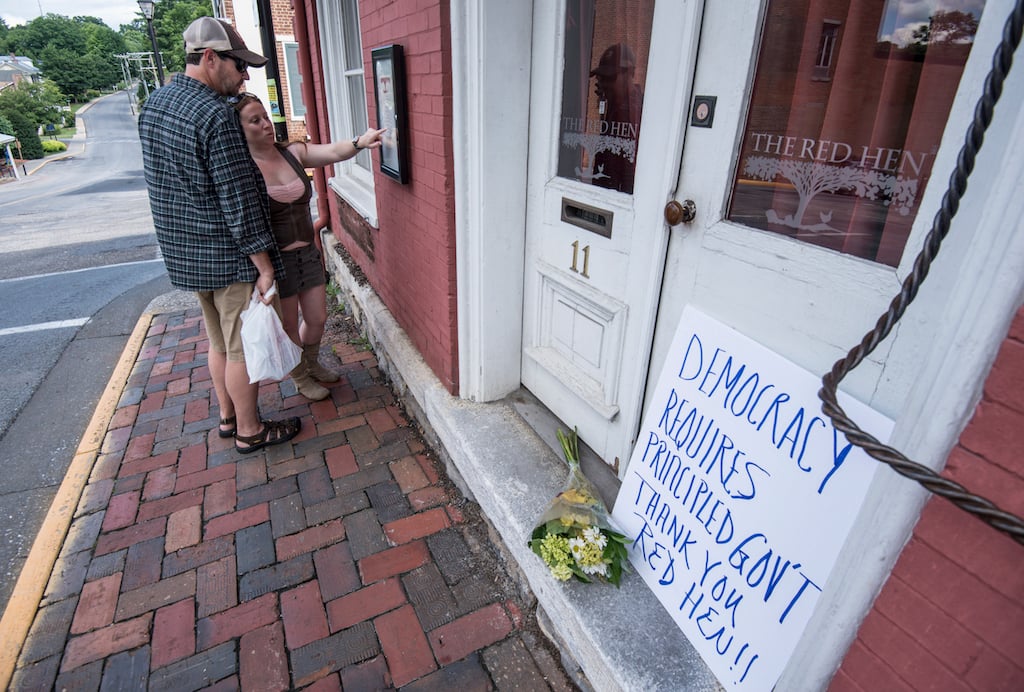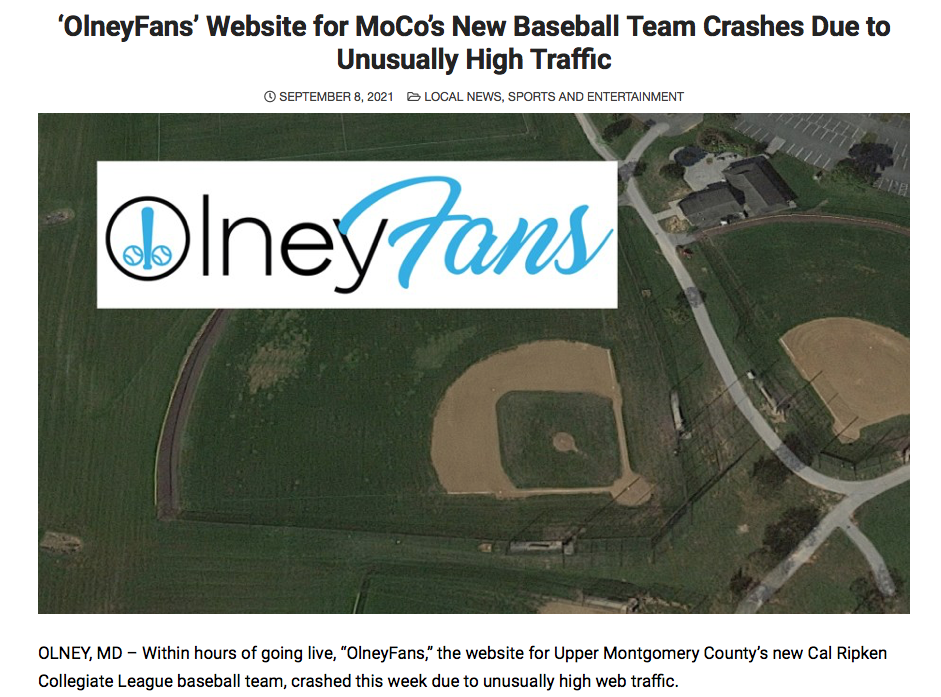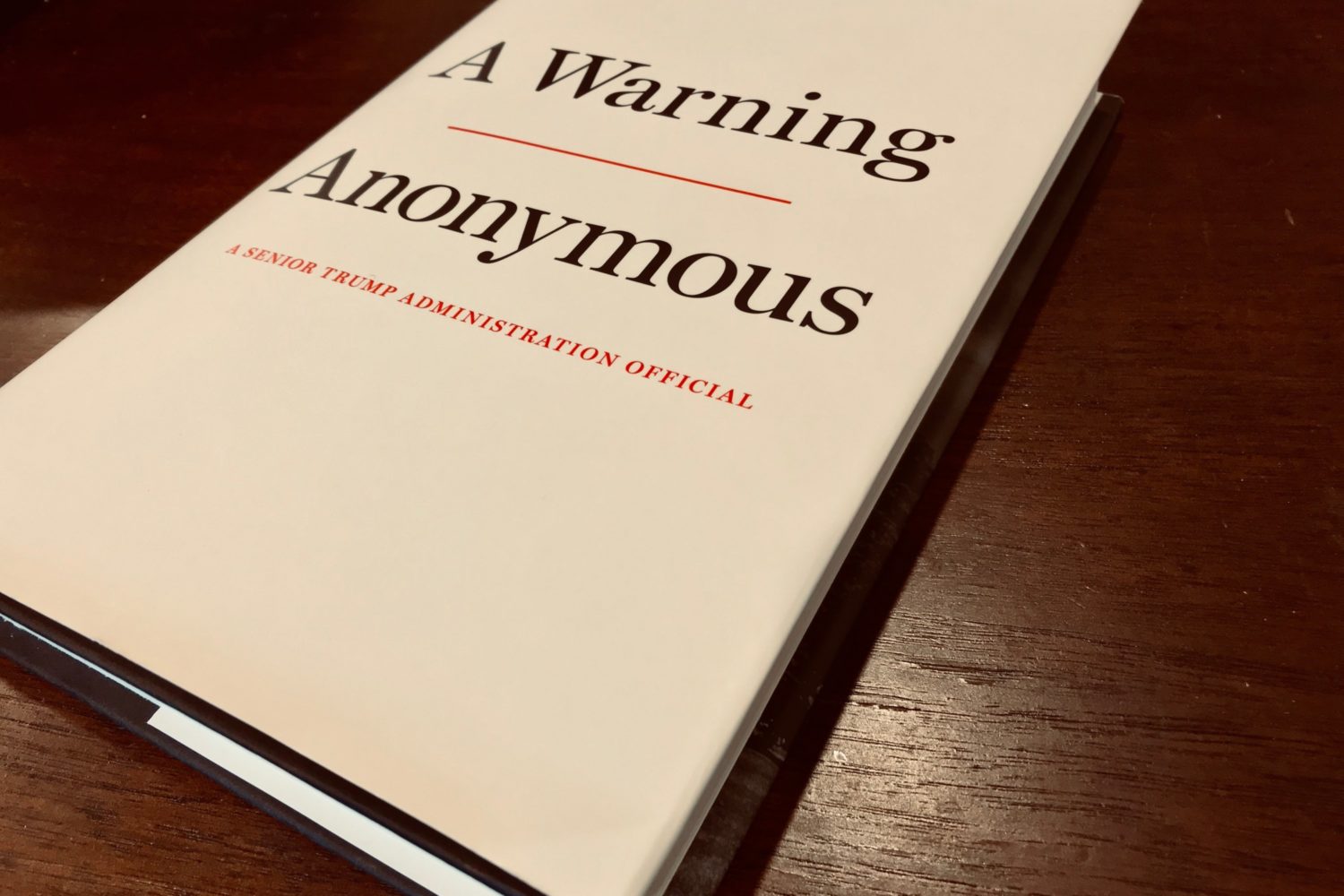Everyone has an opinion on whether the Red Hen in Lexington, Virginia, should have kicked out Press Secretary Sarah Sanders. But were its actions actually legal?
In most of the country, including Virginia, the short answer is yes. But what if this had happened in DC (which, to reiterate, it didn’t)? Probably not—but it’s not so clear-cut.
The difference is that DC is one of the few jurisdictions that prohibits discrimination based on political affiliation, just as it does with other protected classes such as gender, race, and religion. Refusing service on those grounds would be a violation of the DC Human Rights Act.
A Republicans-only or Democrats-only restaurant would clearly be illegal in DC. But Jonathan Smith, the executive director of the Washington Lawyers’ Committee for Civil Rights and Urban Affairs, says a restaurant that refuses service to someone specifically because they work in the Trump administration would likely also be in violation of the law. “Our human rights law is designed to be interpreted broadly to provide very broad protection,” he says.
A restaurant could argue that it turned away a Trump official based on his or her beliefs or conduct, not affiliation. They could say they didn’t want to seat someone who was a liar. They could say they simply didn’t like the person.
But Smith says it could be difficult, and somewhat of a slippery slope, for courts to parse the difference between conduct and affiliation when they’re so closely connected in the case of government officials.
“If I was advising someone who’s running a restaurant here in DC, I would advise them that’s probably not likely to be a successful defense,” he says.
Michael Selmi, a George Washington University law professor specializing in discrimination law, says he’d likewise advise caution. “It runs into problems when people who run public accommodations—which is what restaurants are—start picking and choosing their clientele,” he says.
If a DC restaurant was intent on removing a Trump administration official, Selmi says the owners would want to make clear they were doing so because of that official’s actions, not affiliations.
A better legal defense might be that a high-level Trump official poses a security threat or disruption to the business, Smith says. That’s a scenario that seems very real lately. After all, protesters (peacefully) confronted Homeland Security Secretary Kirstjen Nielsen while she was dining at at DC Mexican restaurant last week. More recently, Congresswoman Maxine Waters called on the public to “push back” on cabinet members they encounter “in a restaurant, in a department store, at a gas station.”
Another commonly asked question: does the Supreme Court ruling in favor of the Colorado baker who refused to make a cake for a same sex couple play into all this? Likely not. “In the baker case, it was really his religious views that were at stake—that’s what the baker was trying to justify,” Selmi says. “And that’s, to me, quite different from what’s going on in these dining cases.”
The rub in DC is that there isn’t case law to interpret exactly what political affiliation means or how it might apply in a case like the Sanders one. Neither Smith nor Selmi are aware of any DC court cases where that particular statute has been tested.
“It does seem like it’s coming up a little bit more now, so it might be tested,” Selmi says. At the same time, being turned away from a restaurant is lower stakes than losing a job or being denied housing. “It would be unlikely that someone would sue. I’m not sure what damages they would be able to recover,” he says.
While everyone is in a tizzy about what’s right and wrong, how the law might be interpreted has further reaching effects beyond this political moment. Smith points out that the law might protect this administration, but there will be other administrations, and the statute goes both ways.
“It’s a demonstration of the passions of our time, and how deeply divided we are as a country,” Smith says. “I feel very profoundly that these protections are critical to making our society open to everybody. And so even if sometimes with whom I deeply, deeply disagree, the value of that protection is really indispensable.”
















